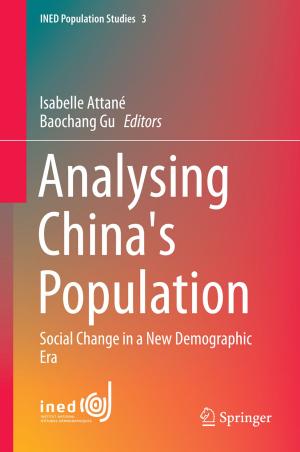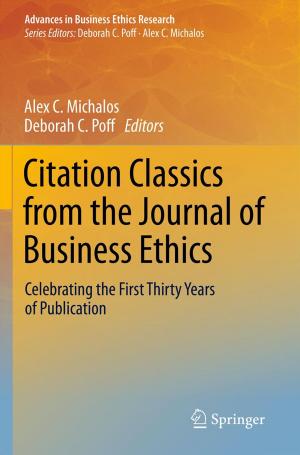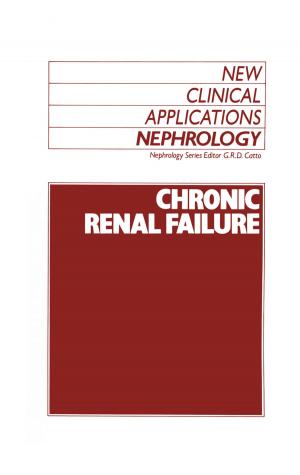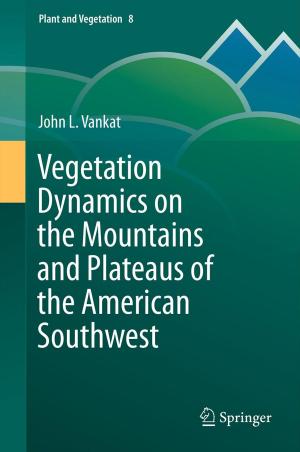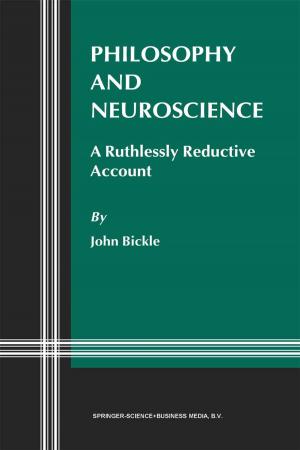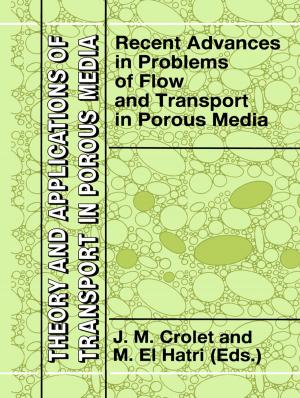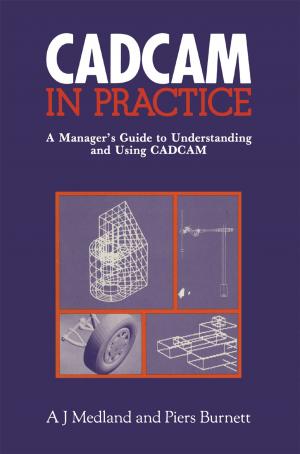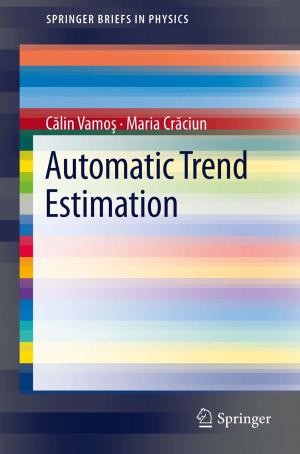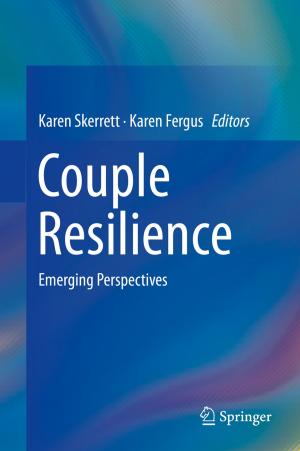Rice Planthoppers
Ecology, Management, Socio Economics and Policy
Nonfiction, Science & Nature, Science, Biological Sciences, Ecology, Technology, Agriculture & Animal Husbandry| Author: | ISBN: | 9789401795357 | |
| Publisher: | Springer Netherlands | Publication: | October 23, 2014 |
| Imprint: | Springer | Language: | English |
| Author: | |
| ISBN: | 9789401795357 |
| Publisher: | Springer Netherlands |
| Publication: | October 23, 2014 |
| Imprint: | Springer |
| Language: | English |
The book discusses planthopper pests of rice. These insects are one of the most destructive pests, threatening food security around the world. The historical development of the rice planthopper problem shows that they are secondary pests and single-discipline control tactics or strategies were not able to manage them, and instead caused frequent resurgences. This book not only presents new approaches to this persistent problem, but also new ecological methods, new perspectives on the effect of pesticide marketing, insights into developing resistant varieties and structural reforms in pest management. Integrating biological, ecological, economic and sociological aspects, it clearly presents the latest information on newly developed strategies for managing this pest.
Dr. K. L. Heong is the principal scientist and insect ecologist at the International Rice Research Institute, Philippines. He has been researching rice planthoppers for more than 30 years. Dr. Heong is a fellow of the Third World Academy of Science and the Academy of Sciences, Malaysia.
Professor Jia-an Cheng is an insect ecologist who has been studying rice planthoppers for about 50 years. He is a professor at Zhejiang University, China.
Professor M.M. Escalada works at Visayas State University.
The book discusses planthopper pests of rice. These insects are one of the most destructive pests, threatening food security around the world. The historical development of the rice planthopper problem shows that they are secondary pests and single-discipline control tactics or strategies were not able to manage them, and instead caused frequent resurgences. This book not only presents new approaches to this persistent problem, but also new ecological methods, new perspectives on the effect of pesticide marketing, insights into developing resistant varieties and structural reforms in pest management. Integrating biological, ecological, economic and sociological aspects, it clearly presents the latest information on newly developed strategies for managing this pest.
Dr. K. L. Heong is the principal scientist and insect ecologist at the International Rice Research Institute, Philippines. He has been researching rice planthoppers for more than 30 years. Dr. Heong is a fellow of the Third World Academy of Science and the Academy of Sciences, Malaysia.
Professor Jia-an Cheng is an insect ecologist who has been studying rice planthoppers for about 50 years. He is a professor at Zhejiang University, China.
Professor M.M. Escalada works at Visayas State University.



